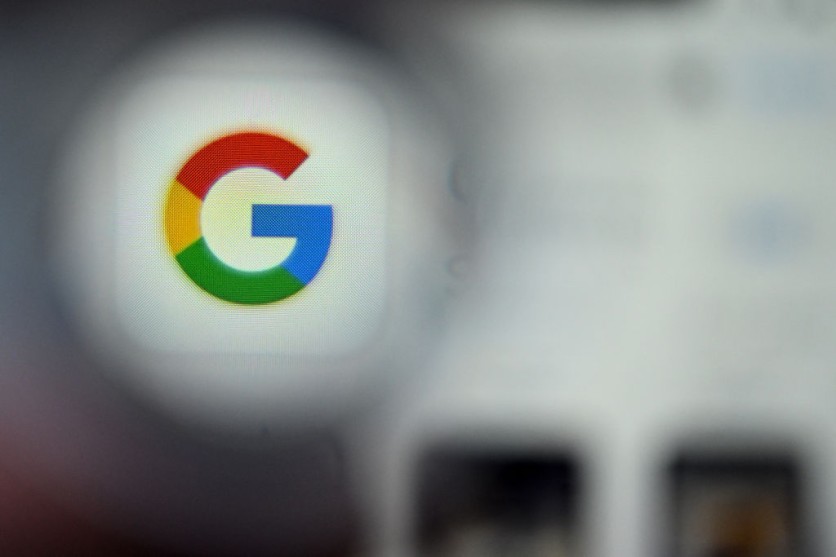Google will reportedly run different advertisements on various platforms that help citizens "prebunk" manipulative content, supposedly assisting users in identifying deceptive content before it reaches them easily. A move part of the tech giant's 'anti-misinformation' campaign ahead of the European Union's (EU) elections in June of this year.

Sources claim that in March, Google's internal Jigsaw division will start posting animated ads on YouTube and TikTok aimed at the following five EU nations: Belgium, France, Germany, Italy, and Poland. "Prebunking" will be used in the advertisements created in collaboration with scholars from the Universities of Bristol and Cambridge.
(Photo : KIRILL KUDRYAVTSEV/AFP via Getty Images)
Google has initiated the process of limiting third-party cookies for select users of its Chrome web browser.
The "prebunking" tactic is reportedly a proactive strategy based on the notion of "inoculation" to stop false information from spreading in the first place. The premise is that individuals would become more resistant to incorrect information if they are cautioned that they may be mistaken and are exposed to weaker instances of how the user could be misled.
The "prebunking" tactic is reportedly particularly effective, claimed Beth Goldberg, head of research at Jigsaw, as it works across various political spectra.
Google's Anti-Misinformation Campaign
The five EU nations are reportedly chosen. Jigsaw says the new project was an opportunity to contact residents in some of the EU's most voter-rich countries while building on earlier efforts the company tested in Germany and central Europe and using the company's local knowledge in these nations. Consequently, the advertisements will be translated into 24 official EU languages.
A brief multiple-choice survey will also be given to viewers of the YouTube advertisements to assess their knowledge of false information.Reuters states that while there are intentions to extend the anti-misinformation campaign based on reach and performance, Google's project will continue for at least one month. The campaign's results, including survey results and the total number of individuals reached, are anticipated to be released in the summer of 2024.
Election Disinformation
Google's latest move comes after reports French Foreign Minister Stéphane Séjourné claimed that a network of "at least 193" websites had been established to " spread Russian disinformation" following a conference near Paris containing discussions about Ukraine and other matters.
Additionally, according to Reuters, the European Union External Action Service (EEAS) looked into 750 cases of intentionally false material being disseminated by foreign parties, many of whom expressed support for Russia's invasion of Ukraine.
The EU remains on high alert against disinformation as it was recently been identified as one of the most significant security risks today by EU senior diplomat Josep Borrell. According to Borrell, the issue is not a bomb that can kill people but rather a poison that can infiltrate people's minds.
2024 is an integral year with various looming elections on the horizon. Borrell states, there will be about 60 elections this year, with 50% of adult voters worldwide eligible to participate.
Related Article : Dozens of YouTube Channels Post AI Fake News About Black Celebrities


![Apple Watch Series 10 [GPS 42mm]](https://d.techtimes.com/en/full/453899/apple-watch-series-10-gps-42mm.jpg?w=184&h=103&f=9fb3c2ea2db928c663d1d2eadbcb3e52)


